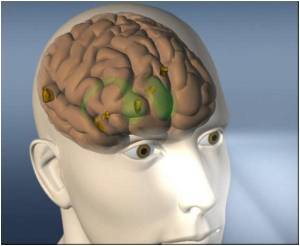Scientists have found that measures used to judge the effectiveness of schools are partly influenced by genetic factors in students.

The assumption behind measures of school effectiveness is that changes in student performance over time must be explained by the quality of the school environment. So the quality of education can be measured by the amount of improvement over time.
But using data on school performance over time from 4000 pairs of twins from the Twins Early Development Study, the researchers have shown that this and other approaches to assessing school quality do not measure the school environment alone.
Perhaps unexpectedly, these measures are also substantially influenced by genetic factors that children bring to the classroom.
"These findings do not mean that educational quality is unimportant, in fact environmental factors were just as important as genetic factors. However, these results do suggest that children bring characteristics to the classroom that influence how well they will take advantage of the quality," Claire Haworth, lead author of the study said.
"Consider a classroom full of students being taught by the same teacher. Some children will improve more than other children, even though their educational experience at school is the same," she said.
The study appeared in PLoS ONE on February 2.
 MEDINDIA
MEDINDIA




 Email
Email





